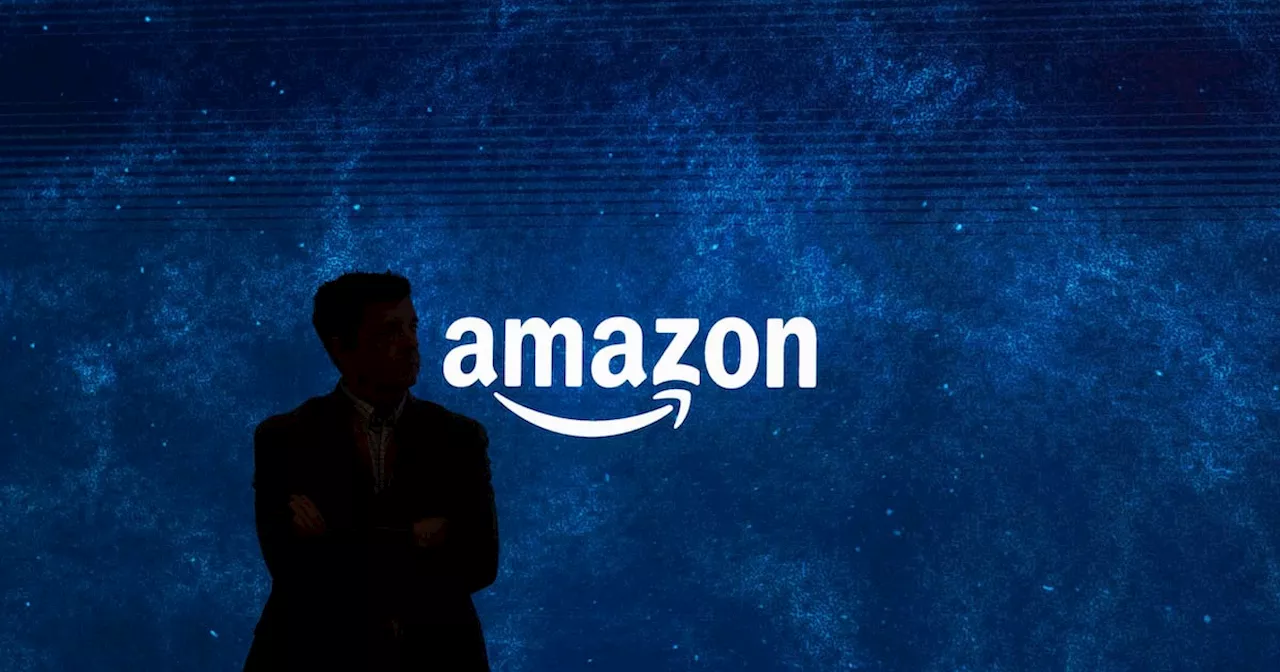Tech companies invest in renewable energy but cannot fully control how polluting their data centres are
Amazon is either hero or villain depending on how its, and other big tech, greenhouse gas emissions are calculated. Photograph: GettyBy its own account, Amazon is a green business leader. The world’s most visited online marketplace and leading cloud services provider says it hit its 100 per cent renewable energy goal seven years ahead of a self-imposed target.
These tech giants are poised to become some of the biggest energy users of the future as they race to develop power-hungry artificial intelligence, potentially threatening their commitments to net zero. One person familiar with the reform discussions describes the proposal as “a way to rig the rules so the whole ecosystem can obfuscate what they are up to”. The coalition said its approach “emphasises accurate emissions data and transparency”.
So under current accounting rules, the power used by a data centre during the night in a coal and gas heavy region such as Virginia can be cancelled out by buying a certificate tied to solar energy produced during the day in a region with a cleaner grid, such as Nevada.The current regime for reporting greenhouse gas emissions dates back to the 1990s, when non-profit groups including global research organisation the World Resources Institute founded the Greenhouse Gas Protocol.
Companies argue that since they cannot fully control the make-up of the grids they are connected to, and since “clean” power cannot be distinguished from “dirty” once it is in the system, such certificates are a reasonable compromise and provide an incentive to invest. But both timing and location matter in terms of real-world emissions. For example, one potential buyer hooked up to a coal-dependent grid and another on a much cleaner grid could buy the same certificate to offset one megawatt hour of power use – even though the emissions stemming from that usage will differ in each grid.
The system is currently undergoing a review – the first in nearly a decade – which offers a chance to iron out such wrinkles. But it is also giving heavy energy users an opportunity to shape the system to their benefit. This means thinking about climate change as a “market and a technology challenge”, says Michael Terrell, Google’s senior director for energy and climate, not an “accounting challenge”.
Google wants to compensate for pollution from its energy use with certificates for power produced in the same grid and in the same hour. Energy users should estimate the tonnes of CO₂ avoided by their use of clean power, it argues, and subtract this amount from their own emissions. That would incentivise companies to finance clean power where the grid is especially dirty.
Jimmy Jia, a climate tech investor, describes the rival proposals as two “theories of change”, but fears that in practice the Amazon-backed proposal might “open the floodgates to emissions gaming”. One difficulty with the carbon credit market is that companies can use hypothetical “avoided” pollution to cancel out real-world pollution. Adopting that for the RECs market would be like reporting in financial accounts a cost that was not incurred, says Brander, or like “a Trojan horse in your greenhouse gas accounts.”
Meta said most of its power use was matched with renewable energy investments, including RECs, in the same grids as its data centres. It has invested in more than 8GW of operational renewable energy. During the latest renegotiation of the protocol, tech companies Amazon, Meta, Salesforce, Microsoft and Google have been among its disclosed financial backers, alongside Ikea, commodity trader Cargill and a range of philanthropic foundations. Some of the funding from these organisations was disbursed before the reform process started.
It told the FT in a statement that it had “no desire to influence the outcome,” and that it supports the protocol because its methodology is “the most widely recognised international standard” for carbon footprints.
Amazon Microsoft Google Climate-Change Jeff-Bezos Chevron
Ireland Latest News, Ireland Headlines
Similar News:You can also read news stories similar to this one that we have collected from other news sources.
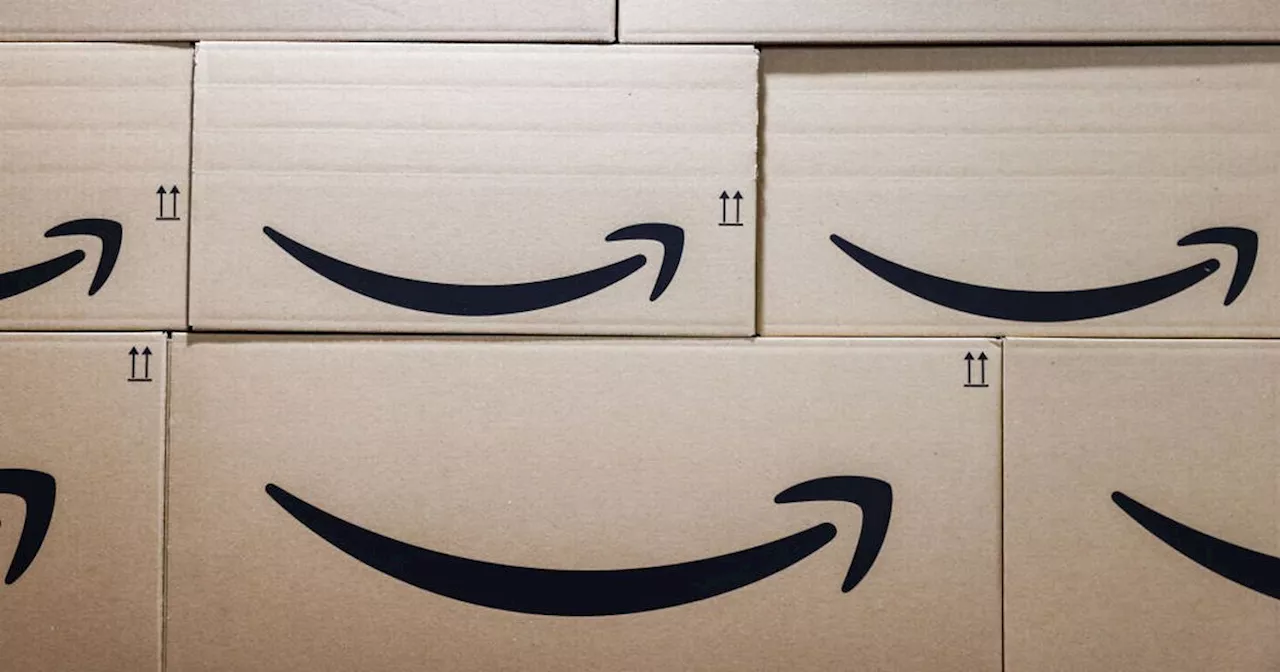 10 of the best big brand Amazon deals you can still get now after Prime DayAmazon Prime Day might be over but there’s still plenty of great deals to shop across fashion, beauty, homeware and tech – and we’ve found the best 10 to add to your basket
10 of the best big brand Amazon deals you can still get now after Prime DayAmazon Prime Day might be over but there’s still plenty of great deals to shop across fashion, beauty, homeware and tech – and we’ve found the best 10 to add to your basket
Read more »
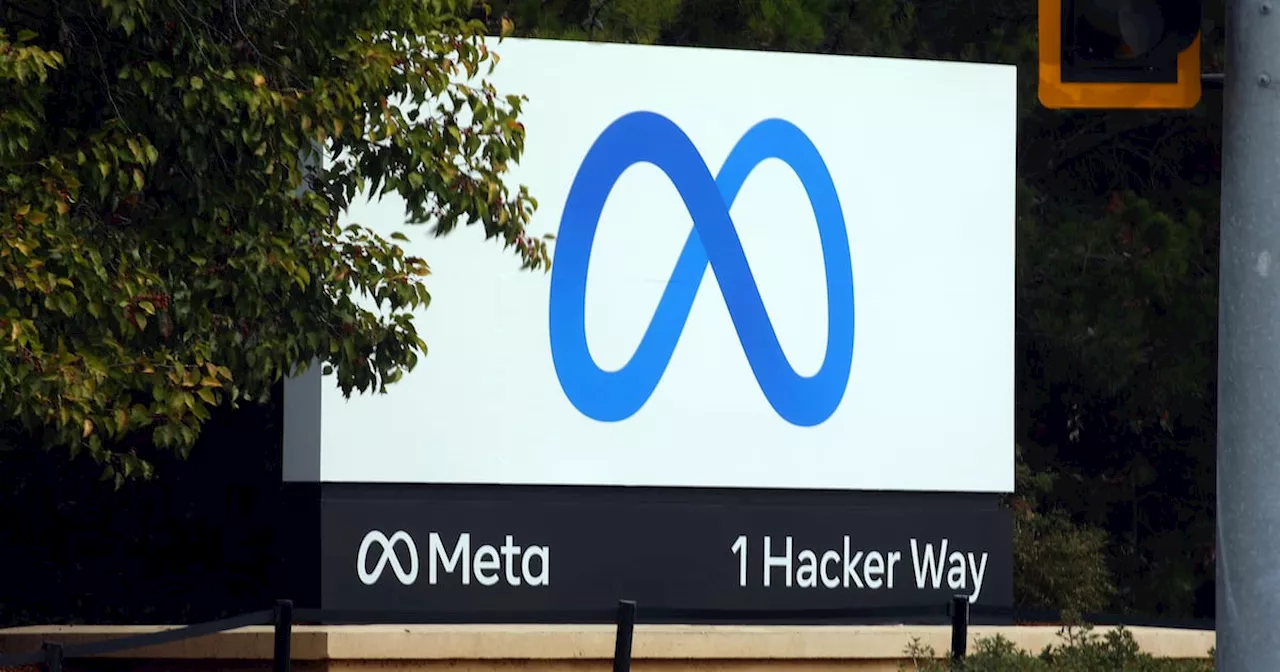 Meta sees robust ad spending as it keeps AI costs in checkFacebook owner beats expectations for second quarter revenue
Meta sees robust ad spending as it keeps AI costs in checkFacebook owner beats expectations for second quarter revenue
Read more »
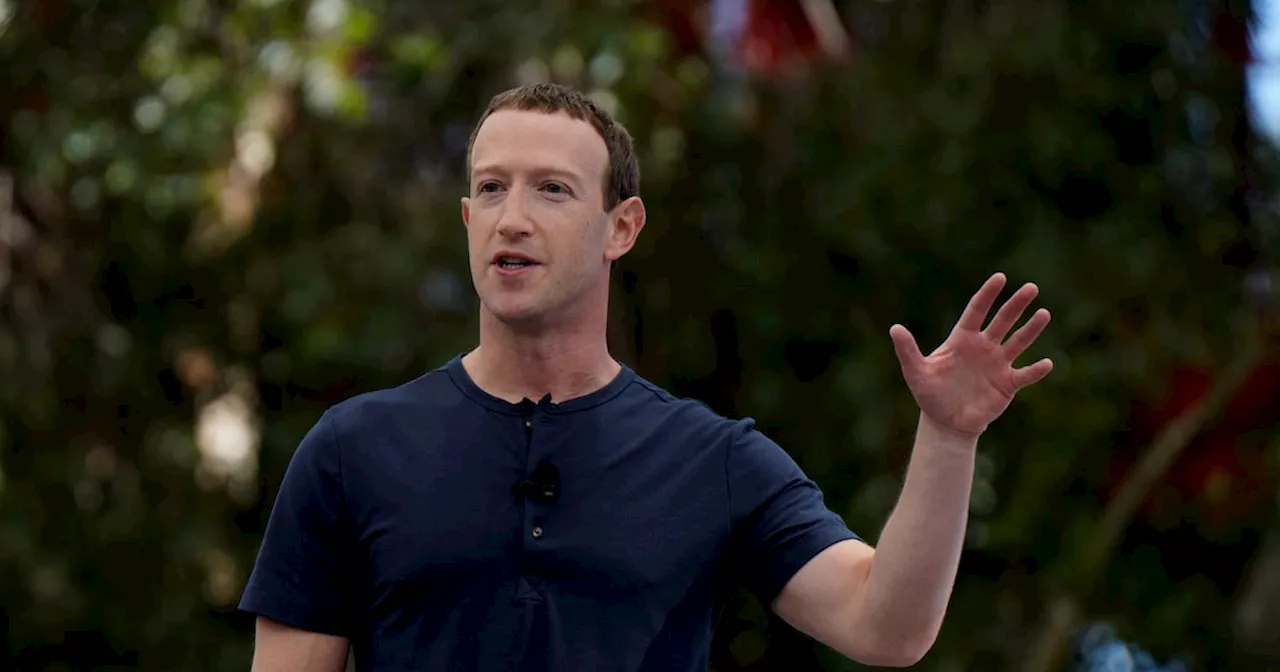 Meta unveils latest artificial intelligence models as it plans open source futureLlama 3.1 is ‘state of the art’ Mark Zuckerberg says
Meta unveils latest artificial intelligence models as it plans open source futureLlama 3.1 is ‘state of the art’ Mark Zuckerberg says
Read more »
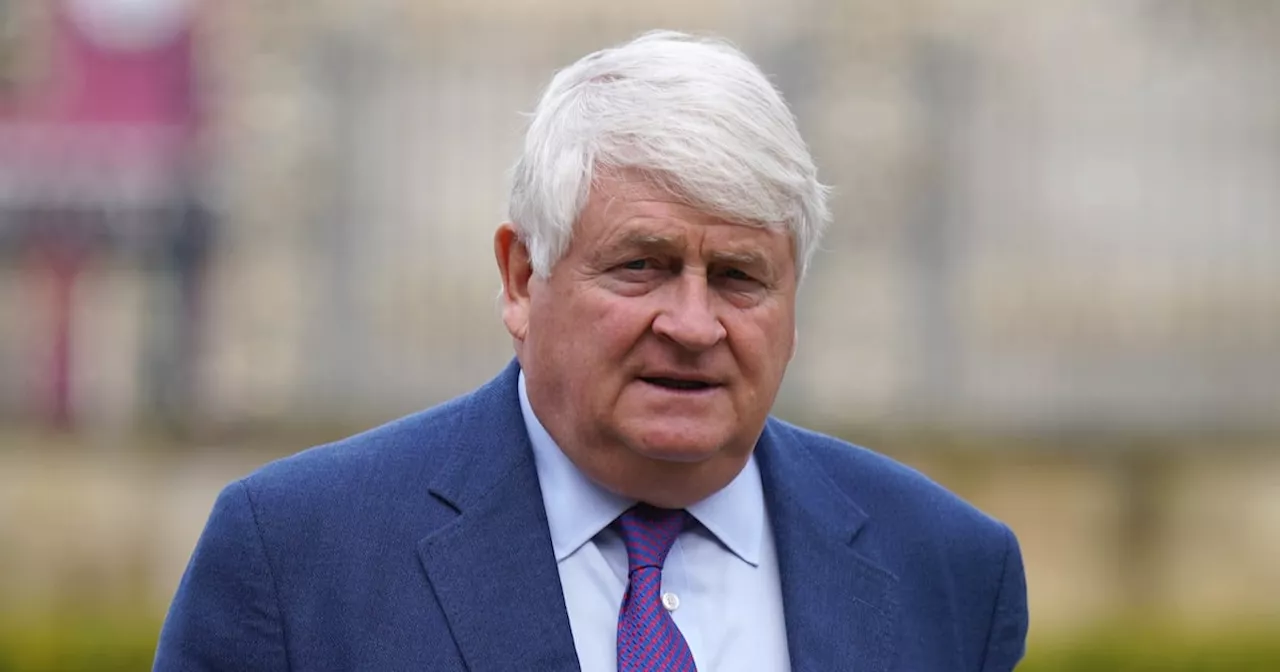 Meta to provide information to Denis O’Brien about accounts behind ‘malicious’ adsO’Brien claims his name and image have been used in a series of fake adverts promoting ‘dubious financial schemes’
Meta to provide information to Denis O’Brien about accounts behind ‘malicious’ adsO’Brien claims his name and image have been used in a series of fake adverts promoting ‘dubious financial schemes’
Read more »
 Meta explores stake in Ray-Ban maker EssilorLuxotticaFacebook owner considers multibillion investment in European eyewear group to expand smart glasses partnership
Meta explores stake in Ray-Ban maker EssilorLuxotticaFacebook owner considers multibillion investment in European eyewear group to expand smart glasses partnership
Read more »
 Dublin Airport liquid rules explained as new scanners make big changeThe airport has been slowly introducing new scanners that will eventually mean that passengers can bring any size liquids in their luggage without taking them out
Dublin Airport liquid rules explained as new scanners make big changeThe airport has been slowly introducing new scanners that will eventually mean that passengers can bring any size liquids in their luggage without taking them out
Read more »
